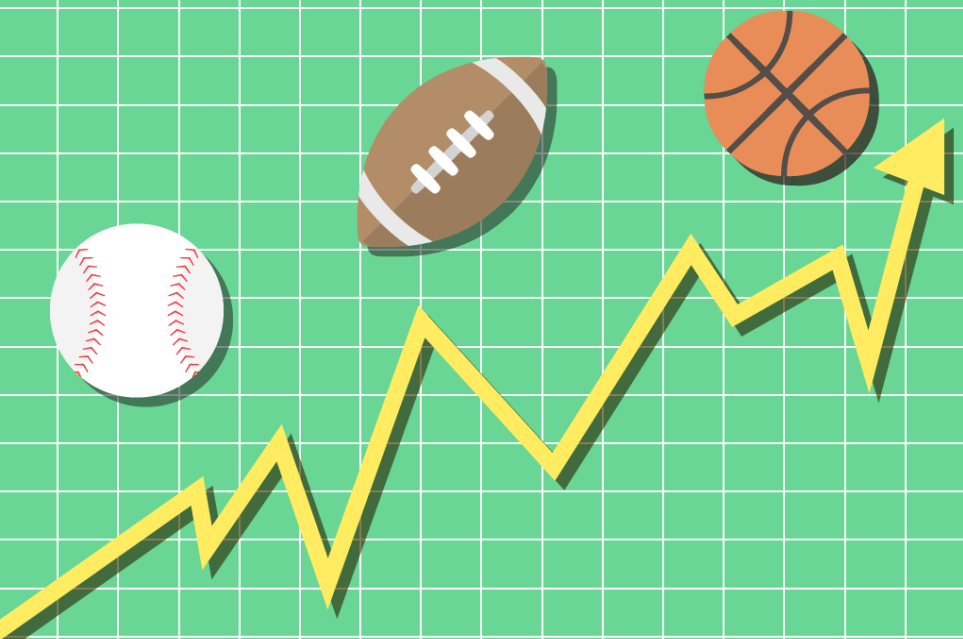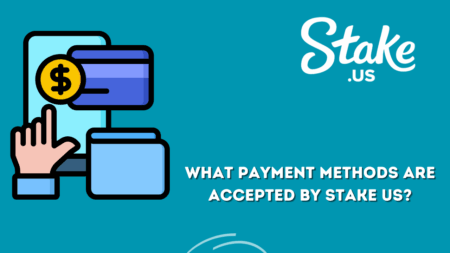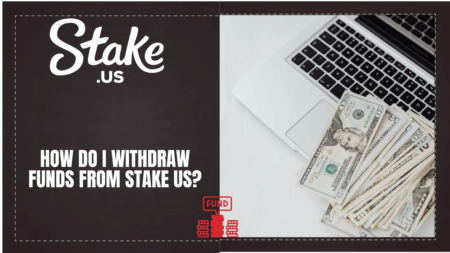

We’ve always heard that ‘the house always wins’. Fewer than one in ten gamblers make a profit long-term. When someone does, the bookmaker might restrict their account. The house finds a way to win whatever it takes.
Value bets are a possible way to win long-term. However, few bettors know what they are and even fewer know how to implement them.
An advantage over the bookmaker
Value betting is the practice of finding a bet at odds that give the bettor an advantage over the bookmaker. You have a value bet if there is a much better chance of an event occurring than what the bookmarker’s odds show.
For example, if a bookmaker offers odds of 2.50 on Chelsea to beat City, the probability of this event occurring is 40 (100/2.50). Put another way, they find Chelsea has a 40% chance of winning the game. The bettor has an advantage if the chances of Chelsea winning are 45% because the actual odds are 2.22 (100/45).
If the real odds are 2.22, but you’re consistently betting at odds of 2.50, you will make a profit in the long-term. However, this is no easy feat. To establish their odds lines, bookmakers use complicated software.
Expected value explained
You need to understand the concept of expected value to truly find value bets. A bet’s expected value (EV) shows the sum a bettor ‘expects’ to win per bet on average. It shows how much they would win or lose if they were to place the same bet over and over again.
Let’s take the odds of a coin toss as an example. The change of guessing heads or tails correctly is even unless the coin is biased in some way. The decimal odds would be 2.00. You have a value bet if you get odds of 2.05 on either heads or tails because the real probability represents a smaller chance of winning than your odds.
You can apply a pretty simple formula, which is the probability of a win multiplied by the amount of the wager. You subtract the loss probability from this and multiply the result by the sum lost per wager.

Built-in odds
It is important to point out that a negative EV doesn’t necessarily mean you will lose in the long-term. The odds are built-in when it comes to a coin toss or similar event unless there is something seriously off. If the coin has been tampered with or damaged, the odds of guessing correctly won’t be 2.00. Similarly, the odds of a right guess on a roulette with a single zero should be 38.00 except if someone has rigged the wheel.
The concept of ‘true’ probability is rather complicated to grasp. We’ll try to explain it below.
Sports betting odds are quite subjective, unlike a roulette wheel or a coin toss. Regardless of the state of the market, there will always be a slight discrepancy between different bookmakers’ odds. In addition, some bookmakers change odds to reduce their liability.
A bookmaker must reduce the odds to balance their books if a lot of money is placed on an event. If they don’t and the outcome is not in their favor, they’ll get burned. In this case, you are betting against both the bookmaker and other bettors, whose bets you believe won’t be successful.
For long-term value, you need a positive expected value irrespective of the above information about the negative EV.
Asian goal line
A bookmaker offering Asian goal markets or an Asian handicap is the closest someone can get to a ‘coin toss’ situation. Another option involves odds on markets like odd/even goals. Professionals who are keen on a binary option love Asian markets. For these, the bookmaker overround is usually at its lowest.
Value betting strategies
This section covers a number of relevant value betting strategies. They all involve calculating ‘true event probability’ and deciding whether you are receiving negative or positive EV.
Event analysis
You need an in-depth understanding of the sport you’re wagering on. Even better would be profound knowledge of a niche aspect of the sport. Professional gamblers live off of being an ‘oracle’ in a certain sports niche.
Narrow your focus if you want to make some money from sports betting. You can learn how to play the Asian goals market or become an expert on finding matches with lots of goals.
Regardless of the option you select, devotion and detailed research are critical. Without them, you’ll end up losing money. You need knowledge of a chosen market. Time is the only way to achieve this unless you have the latest software at your disposal.
You also need to know how to transform your data into odds. This process involves using the analysis factors to figure out the ‘true’ probability of an outcome.

Market odds
An efficient market would dispense both with arbitrage betting and value, but the market isn’t efficient because bookmakers can be wrong. Finding markets with a relatively small overround is the key to success. To this end, look no farther than Asian markets.
Another good strategy is to find bookmakers who are great at compiling odds for specific events. You can use their data as your base, then find less efficient bookmakers who offer much better odds in a market with a relatively low overround.
Cognitive bias strategy
Ratio bias, optimism bias, and gambler’s fallacy are all examples of cognitive bias in betting. For example gambler’s fallacy, also known as the Monte Carlo fallacy, occurs when someone mistakenly believes an event is more likely or less likely to happen based on the outcome of a past event or series of events. Another bias involves the inclination to not bet on your preferred outcome.
Female jockeys aren’t embraced in horseracing to this day. The predominantly male sport continues to draw chauvinistic punters who will bet against the female jockey despite extensive research proving that female riders are no worse than male ones. They might even be better because they’re usually lighter.
Your thinking is on a whole new level if you manage to avoid cognitive bias. There is neither an emotional attachment nor a bias. All that remains is the desire to win based on what the data tells you.
Risks of value betting
Value betting is far from perfect; the bookies would be bankrupt if it were. Our final section covers the most common risks.
Operational
You need to be fully focused all the time. The aftermath of a mis-click can be dire: imagine betting £5000 instead of £500. The bookmaker is protected on betting markets by time delays. You need sufficient liquidity to make a large enough bet if you’re using an exchange.
Market volatility
Finding value depends on the market odds and your reading of the event. Even if you get just one of these wrong, you’ll have issues. Market volatility can wreak havoc on your wager, particularly if you’re trying to make one in-play. Odds can be impacted by a goal or sending off severely.
The value will be lost if you don’t place your bet in good time. Volatility can transform a wager based on good data and logic into a luck-based one, effectively destroying a wager with positive EV.
External factors
Last but not least, not all banks let their clients use accounts for betting. Competent bettors find bookmakers often restrict or outright delete their accounts. It might happen to you too if you begin demonstrating the ability to pick value bets.





